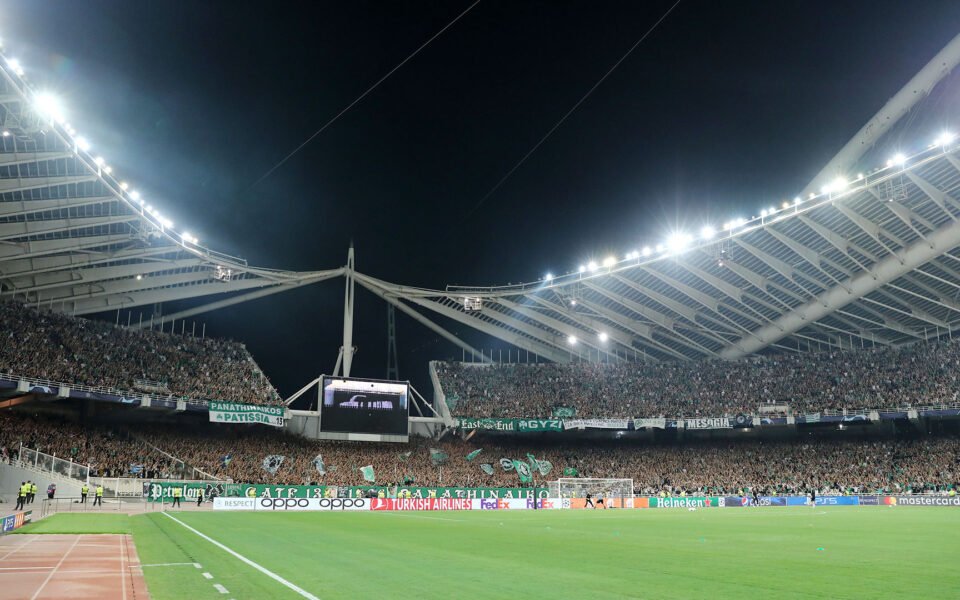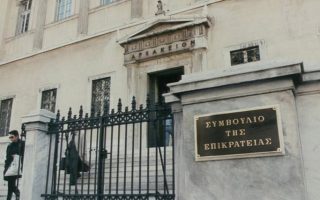2004 Athens Olympics stadium closed after roof fails safety tests

The stadium built to host the 2004 Athens Olympics has been closed until further notice after its famous roof, designed by Spanish architect Santiago Calatrava, failed safety tests.
A study found that the roof fell short of the minimum static adequacy levels.
State asset utilization fund TAIPED, which owns the sports complex at Maroussi, said in a statement on Friday that in the context of the contract between the Deputy Ministry of Sports, the Olympic Stadium and TAIPED for the “Renovation of the Athens Olympic Sports Center” project, a study was received for the extensive inspection of the Calatrava metal structures and the polycarbonate roofs of the facilities.
The study found that the metal structures of the roof of the central stadium and the cycling tack do not meet the legally permitted levels of static adequacy.
“Based on the above and with a sense of responsibility, every sporting and cultural activity in the Central Stadium and the Cycling Track is suspended as of today. A second study will quickly follow, in order to investigate more thoroughly and to confirm or not the elements of the current study.
“We share the [‘frustration from the] disruption in the sports family, but it is understandable that we must operate with the sole aim of the safety of athletes and fans,” concluded the announcement of the stadium’s administrators.
It is noted that stadium maintenance projects have been included in the Recovery Fund and the relevant tenders have been assigned for preparation to the Project Preparation Facility (PPF) of TAIPED established by the government in order to speed up investments and the absorption of European Recovery Fund resources ( RRF). The budget that has already been foreseen for the Olympic Sports Complex is in the order of 56.5 million euros.
In the past the stadium had also concerned the government, when in a soccer match between AEK Athens and Bayern Munich a great oscillation of the upper body was evident. In the summer of 2019, the work of checking structure’s safety was taken over by an office of specialist engineering consultants.
According to information, the audit, which included a static structural adequacy test against the dynamic stress coming from the coordinated bounces of fans, showed that the central stadium is statically safe, but significant maintenance and improvement of the method of supporting the perimeter concrete frame at the top of the stadium is required for the upper tier of the stadium.
This development means that Panathinaikos will have to play its remaining soccer games for the Europa League at home at its Apostolos Nikolaidis Stadium. It still needs to host Rennes and Maccabi Haifa for this stage of the tournament.





